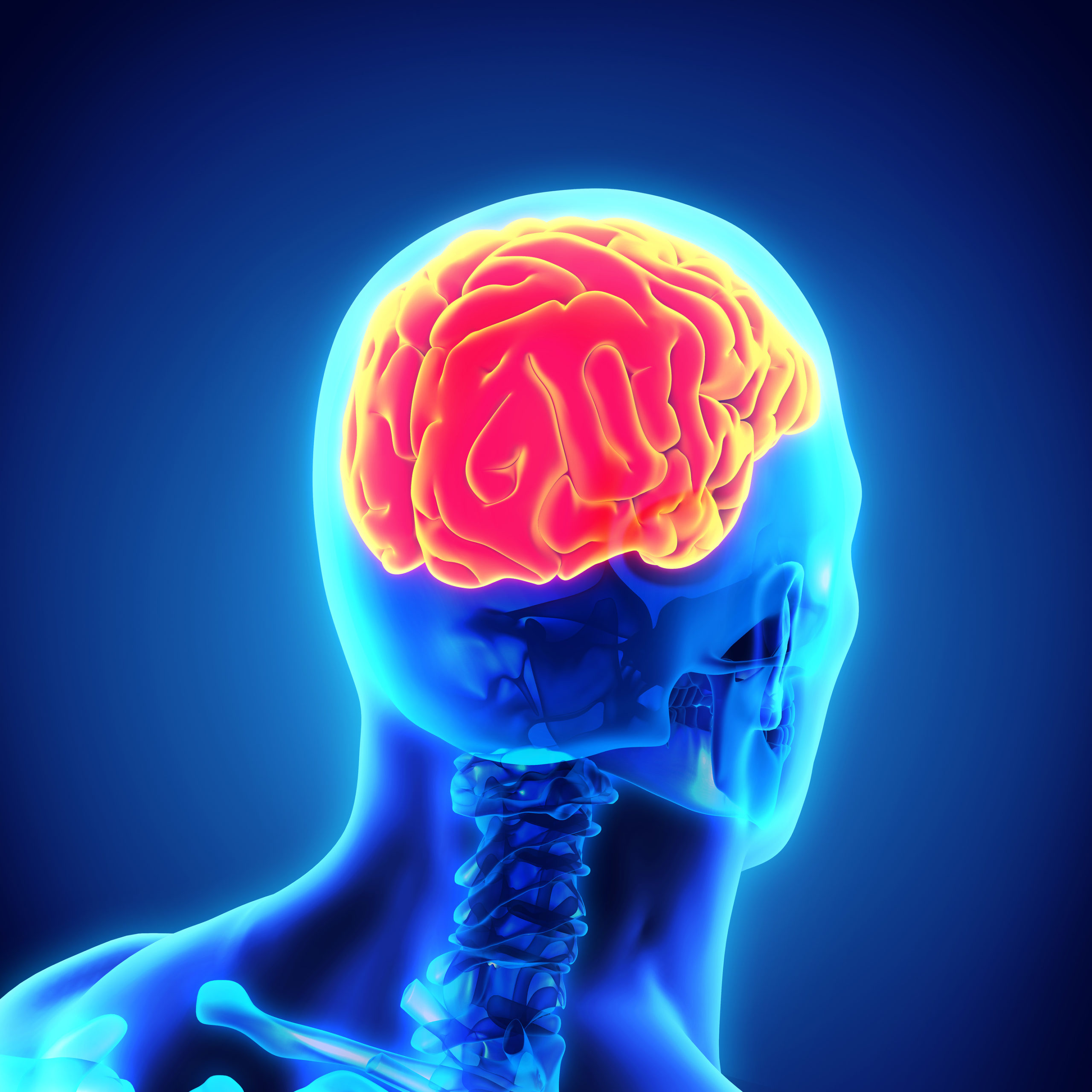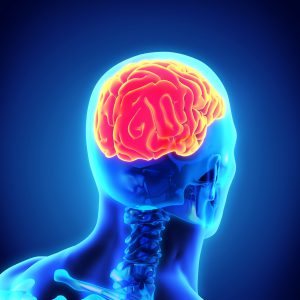
 The sudden deaths of high profile football players like Junior Seau have made the complications of head trauma and concussions a hot button topic in sports and medicine. While concussions are considered mild traumatic brain injury, the truth is any brain injury is anything BUT mild.
The sudden deaths of high profile football players like Junior Seau have made the complications of head trauma and concussions a hot button topic in sports and medicine. While concussions are considered mild traumatic brain injury, the truth is any brain injury is anything BUT mild.
While most people will recover from the effects of a concussion within 7-10 days, approximately 15% of patients experience symptoms beyond 30 days. When symptoms persist, a diagnosis of post-concussion syndrome or PCS is made. .
The symptoms of PCS may include:
A Concussion Can Also Injure the Neck
Most research in the past 10 years has been on the structural and chemical changes to the brain after a head injury. However, the brain is not the only anatomy injured during a concussion. Recent studies have shown that damage to the neck occurs during a head injury, playing a major role in concussion-like symptoms [1-3].
Dr. John Leddy, University of Buffalo Concussion Research Lab, demonstrated that post-concussion syndrome can stem from the brain or from the neck, and that you couldn’t tell just by symptoms alone [1].
Your average concussion requires a LOT of force. About 60 g’s is required to concuss an adult human, while it takes less than 10 g’s to damage important ligaments in the neck. This means that you can’t have a concussive head injury without also injuring the neck. [3]
The interesting feature about whiplash and post-concussion syndrome; the symptoms are essentially identical.
While you may have suffered a concussion, there is a very strong chance that your post-concussion symptoms may be coming from the neck. Researchers now describe this as cervicogenic post-concussion syndrome.
Reversing Cervicogenic PCS by Correcting the Atlas
Finding effective treatments for the lasting disability of concussion have been difficult. Interventions like hyperbaric oxygen therapy, cognitive behavioral therapy, vestibular rehabilitation, and plain old walking are just some of the treatments being investigated to help people with post-concussion syndrome (PCS).
The NUCCA procedure may play an important role in reducing headache, dizziness, and brain fog related to cervicogenic PCS. When a head injury occurs, the joints, ligaments, and muscles of the upper neck become damaged leading to abnormal biomechanics of the upper cervical spine.
The effects of this neck trauma is 2 fold:
It’s important to recognize this as the neck is often overlooked as a source of headache and vertigo symptoms. Many times PCS cases come to a NUCCA doctor only after they have endured an exhaustive course of medications, exercise, and therapy, while the primary symptom generator was ignored or never addressed.
Chiropractors using precise upper cervical procedures, like NUCCA, often see excellent outcomes with PCS for the simple fact that they addressed the main symptom generator. With a precise and gentle correction to the neck, NUCCA chiropractors can often help PCS patients see an astonishing improvement within weeks after months of constant suffering.
To find a NUCCA Doctor in your area visit or Find a Doctor page here.
This article was contributed by Dr. Jon Chung of Keystone Chiropractic in Royal Palm Beach Florida.